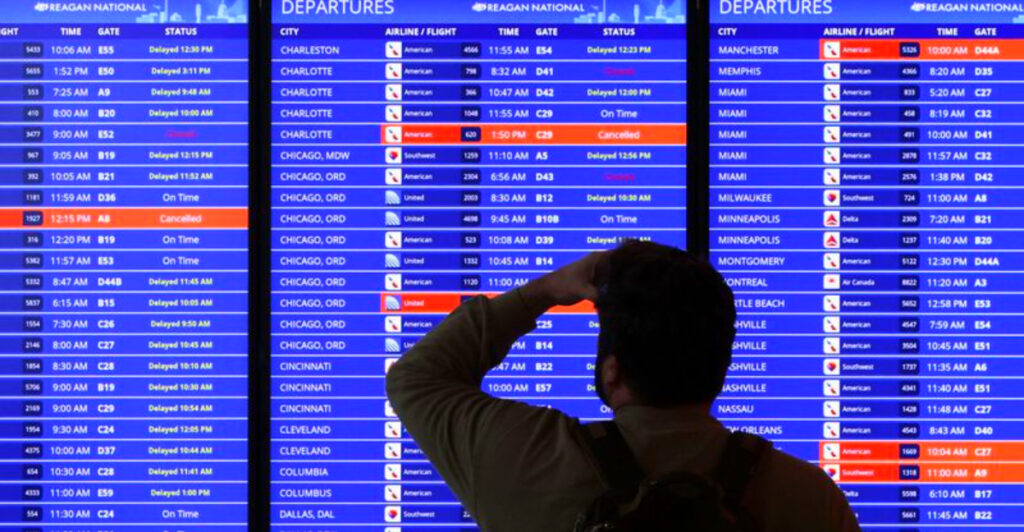Travel costs keep climbing, but smart travelers know the secrets to scoring amazing deals. With airline prices shifting and new regulations protecting passengers, 2025 brings fresh opportunities to slash your vacation expenses. Whether you’re planning a weekend getaway or an international adventure, these proven strategies will help you stretch every dollar further and create unforgettable memories without breaking the bank.
1. Let Data Pick Your Dates
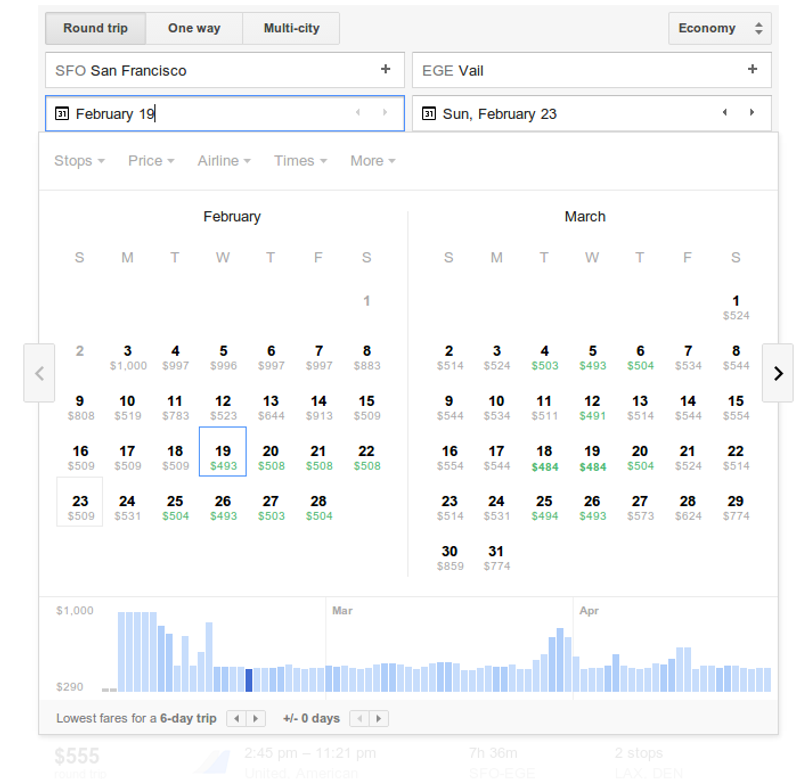
Flexibility with your travel calendar can unlock incredible savings that rigid planners miss entirely. August emerges as the cheapest month for flights in 2025, while booking on Sundays typically saves money compared to Monday or Friday reservations.
Thursday departures work best for international trips, while Saturday takeoffs offer domestic savings. Airlines use complex algorithms to price flights, and understanding these patterns gives you a significant advantage.
Smart travelers adjust their schedules around these trends rather than fighting against expensive peak periods.
2. Use the Right Booking Window

Booking too early often costs more than waiting for the sweet spot that data reveals. Current airline industry analysis shows the optimal booking window is just 1-3 months ahead for domestic U.S. trips, much closer than most people expect.
International routes require even less advance planning, with 18-29 days ahead proving most economical. Airlines release seats gradually and adjust prices based on demand patterns they’ve studied for decades.
Patience pays off when you time your bookings according to these proven windows rather than booking impulsively.
3. Turn on Flight Price Alerts

Google Flights transforms into your personal deal-hunting assistant when you activate price tracking for your preferred routes. The system monitors fare fluctuations constantly and emails you immediately when prices drop on flights you’re watching.
This strategy works brilliantly for travelers with flexible dates who can pounce on unexpected deals. Set up alerts for multiple date ranges and destinations to maximize your options.
The automated monitoring saves hours of manual searching while ensuring you never miss a flash sale or pricing error in your favor.
4. Know Your Refund Rights

New regulations in 2025 dramatically strengthen passenger protections, putting cash back in your pocket automatically. Airlines must now issue immediate cash refunds for cancellations without you having to fight for your money back.
Significant schedule changes also trigger automatic refunds – three hours or more for domestic flights, six hours for international routes. You don’t need to accept vouchers or credits anymore.
Understanding these rights prevents airlines from keeping your money when they disrupt your plans, making travel planning less risky financially.
5. Check the FlightRights Dashboard During Meltdowns
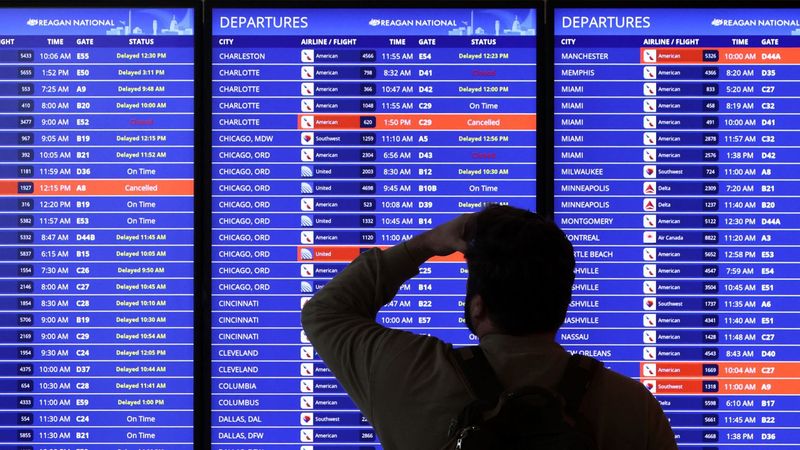
When weather isn’t the culprit, airlines become responsible for passenger care expenses that can save you hundreds. The Department of Transportation’s FlightRights dashboard shows exactly what each airline promises during operational disruptions they cause.
Some carriers commit to free meals, hotel accommodations, and priority rebooking when delays stem from their mistakes. Knowing these commitments beforehand helps you claim what you deserve.
During travel chaos, this dashboard becomes your roadmap to compensation rather than leaving you guessing about your rights and benefits.
6. Skip the Airport Rental Counter Often
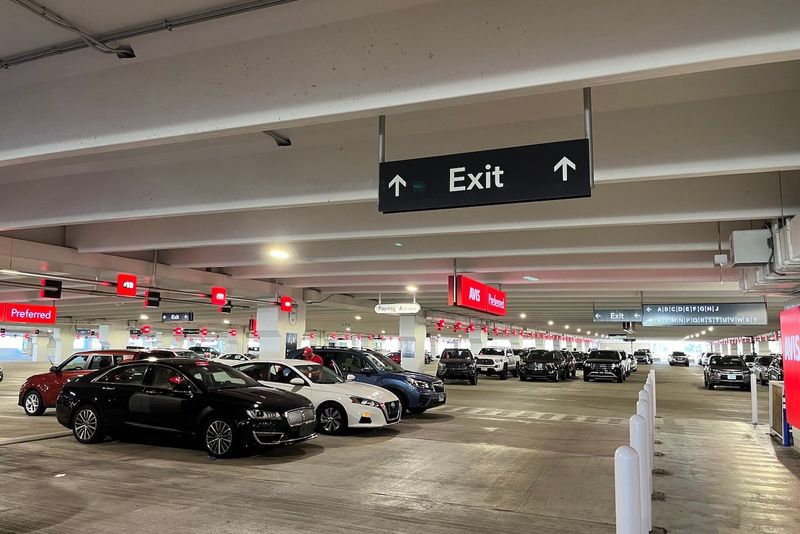
Airport convenience comes with a hefty price tag that off-site locations help you avoid completely. Multiple industry analyses confirm that airport rental counters charge significantly more due to concession fees they pass directly to customers.
In-town rental locations often offer identical vehicles at substantially lower rates. The savings easily cover taxi or rideshare costs to reach these alternative pickup points.
Always compare both options before booking, as the price difference can fund entire meals or activities during your trip.
7. Mind the Fine Print on Basic Economy
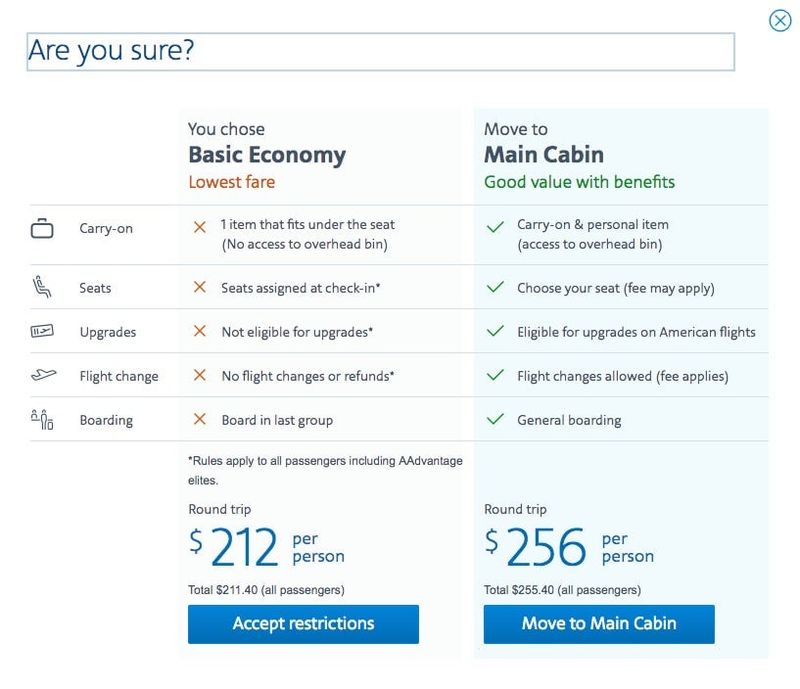
Basic Economy tickets tempt budget travelers but hide restrictions that might cost more later. These ultra-cheap fares typically eliminate seat selection, carry-on bags, and changes, potentially making your journey miserable.
Calculate the total cost after adding necessary extras like seat assignments or baggage fees. Sometimes the next fare tier offers better value when you factor in these hidden costs.
Delta’s economy rebranding in 2025 adds another layer of complexity, making careful comparison even more critical for smart spending.
8. Beat Junk Fee Surprises in Lodging

Starting May 12, 2025, new federal rules require hotels and short-term rentals to display total prices upfront, including mandatory fees. No more surprise resort fees or cleaning charges at checkout that destroy your budget.
Compare total costs rather than just nightly rates when shopping for accommodations. Those seemingly cheap rooms often carry hefty additional charges that make them more expensive than honest competitors.
This transparency levels the playing field and helps you make truly informed decisions about where to stay.
9. Pack a Reusable Bottle and Your Own Snacks

Airport food and beverage prices can double your travel costs, but TSA rules help you fight back legally. Empty water bottles pass through security without issues, and you can refill them at fountains beyond the checkpoint.
Solid foods also clear security screening, so pack sandwiches, fruits, or energy bars from home. These simple preparations can save $20-50 per person on each travel day.
Your wallet and your hunger will thank you for this basic preparation that requires minimal effort but delivers maximum savings.
10. Dodge Costly Roaming
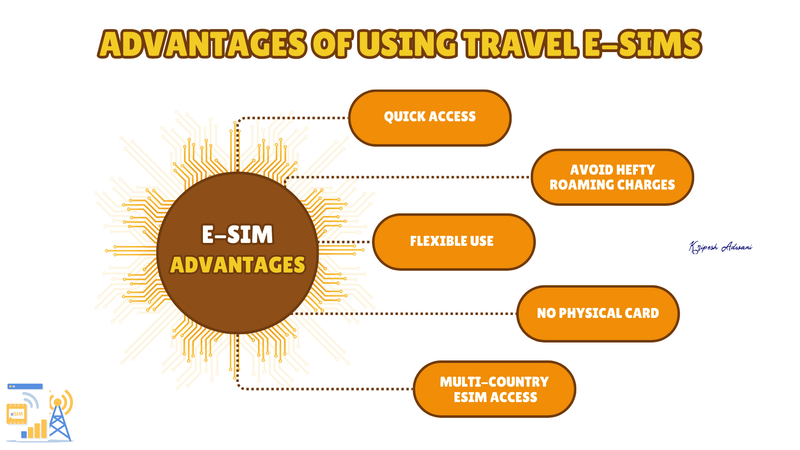
International roaming charges can exceed your flight costs if you’re not careful about mobile connectivity abroad. Prepaid eSIMs or local SIM cards typically cost a fraction of your home carrier’s international rates.
Many eSIM providers offer unlimited data for entire trips at prices lower than single-day roaming fees. Research your options before departure rather than facing bill shock later.
At minimum, contact your carrier to understand their international rates and any available travel packages before you leave the country.
11. Pay in the Local Currency Abroad

Dynamic currency conversion sounds helpful but actually costs you money through unfavorable exchange rates. When card terminals offer to charge you in your home currency, always decline and choose local currency instead.
Your bank’s exchange rate typically beats the conversion rate offered by foreign merchants. This simple choice can save 3-5% on every transaction during your trip.
The savings add up quickly, especially on larger purchases like hotels or restaurant meals, making this one of the easiest money-saving habits to adopt while traveling.
12. Use a Card with No Foreign Transaction Fees
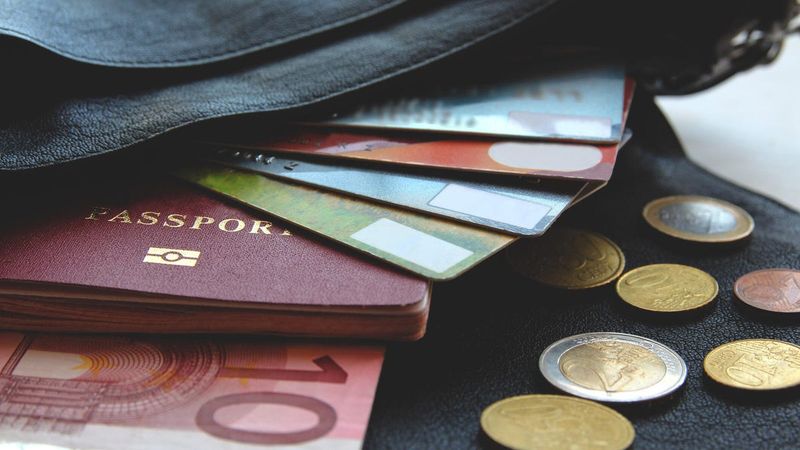
Foreign transaction fees silently drain 1-3% from every international purchase, turning a $1,000 trip into $1,030 without you realizing it. No-foreign-fee credit cards eliminate these charges completely.
Many excellent cards offer this benefit without annual fees, making the switch painless. Apply for one before your trip to maximize savings on all international spending.
The money you save on fees can fund additional activities, meals, or souvenirs, essentially giving you free extra experiences during your travels abroad.
13. Bundle Attractions Smartly

City sightseeing passes like CityPASS can slash admission costs by up to 50% on marquee attractions across North American cities. These bundles work best when you plan to visit multiple included attractions during your stay.
Calculate the individual ticket prices versus pass costs to ensure real savings. Some passes also include skip-the-line privileges that save time along with money.
Research which attractions interest you most before purchasing, as passes only provide value when you’ll actually use the included admissions during your visit.
14. Leverage Airline Stopovers for Two Trips in One

Some airlines transform layovers into bonus destinations with extended stopover programs that cost little or no extra airfare. Icelandair, TAP Air Portugal, and Turkish Airlines lead this trend with multi-day stops.
These programs sometimes include free hotel nights or city tours, essentially giving you two trips for the price of one. Iceland, Lisbon, Porto, and Istanbul become accessible bonus destinations.
Plan your routing through these strategic hubs to explore additional countries without paying for separate flights, maximizing your travel experiences per dollar spent.
15. Book Morning Flights When You Can
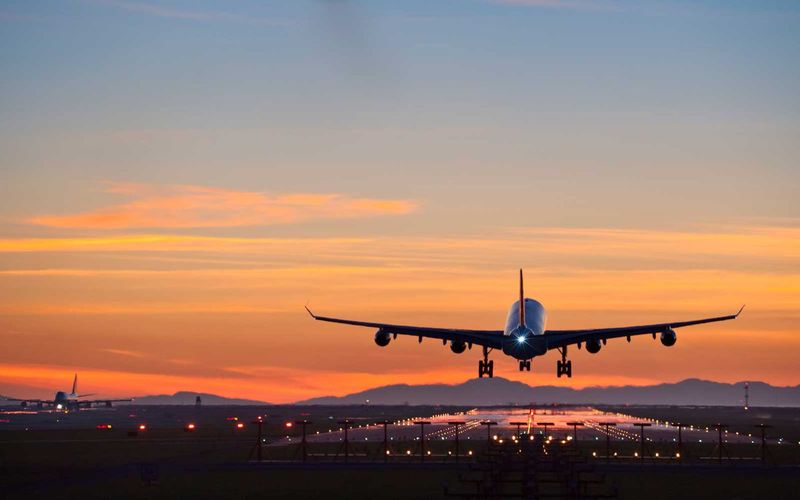
Flight timing affects more than just your sleep schedule – it impacts your trip’s success rate significantly. Late-night departures face higher cancellation risks that can derail your entire vacation.
Mid-morning to mid-afternoon flights show the lowest cancellation rates on average, protecting your travel investment. A cancelled flight often means rebooking at higher prices or missing planned activities.
Choosing reliable departure times prevents costly disruptions that force you to spend more on last-minute alternatives or extended stays due to delays.

